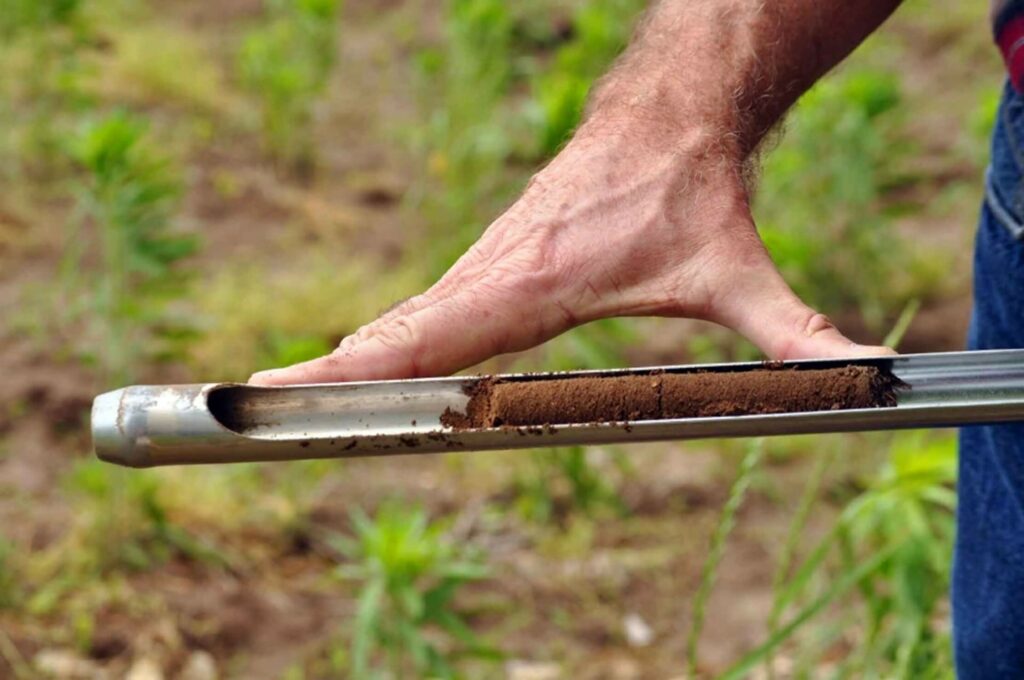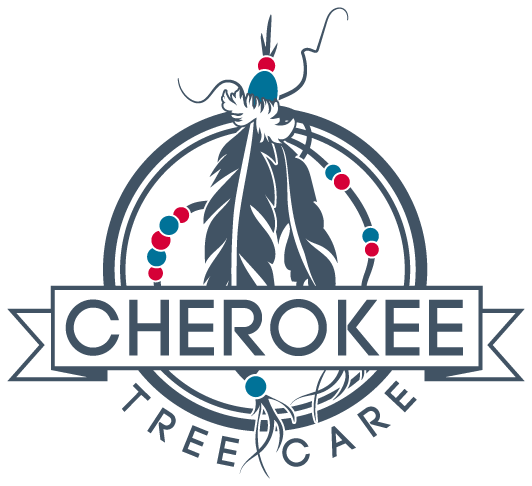It may not quite feel like it yet, but spring is just around the corner. Now is a great time to start thinking about projects around the yard. Caring for the health of your trees is one of the most important maintenance aspects of tree care. Soil impacts our trees and the soil testing service we offer.
Soil and Roots Relationship
The relationship between soil and roots is complex and extensive. Soils have an active ecosystem teaming with innumerable microorganisms that work in a symbiotic relationship with our trees, giving many benefits. Good soil contains constantly decomposing organic matter that provides essential nutrients to trees.
However, when comparing urban soils to forest soils, we start to see a vast difference. Trees in a natural forest setting have leaf litter on the forest floor that decomposes over time and adds nutrients to the soil.
The obstacles we are up against with our urban soils are either lack or an overabundance of nutrients, removed topsoil from construction grading, soil compaction, competition with turf, or overuse of chemicals that leach into the soil. According to Vermont University Extension, roughly 80 percent of urban tree health problems originate from conditions below ground.
Soil Testing
Knowing your soil’s pH is an extremely important first step in soil and tree health. If soil pH is too high or low, adding more nutrients through fertilization would be pointless and wasteful. Nutrients are only soluble and available for uptake by tree roots at neutral pH levels, so adding fertilizer to a high or low pH soil only allows nutrients to sit until they are leached elsewhere.

Given this information and the importance of soil health to our trees, how do we move forward? There are services we offer that can help your soils including fertilization, soil amendments, air spading for compaction and root excavation, and soil tests. A soil test is a great starting point in determining the best next steps to care for your trees.
During a soil test, we will take samples from your soil and send them to a lab to get tested. After a couple of weeks, we receive a report containing the results. Your soil analysis will include the pH, available nutrients, excessive nutrients, and much more.
These results will help us determine how or if we need to fertilize your tree-this method of fertilization is called “prescription fertilization” rather than a “one size fits all” approach which can be detrimental to the health of your trees when applied unnecessarily.
Our motto is “tree preservation for the next generation” and we are always educating ourselves on new ways to preserve and protect the health of our trees. Give us a call if you’d like more information on soil testing.

